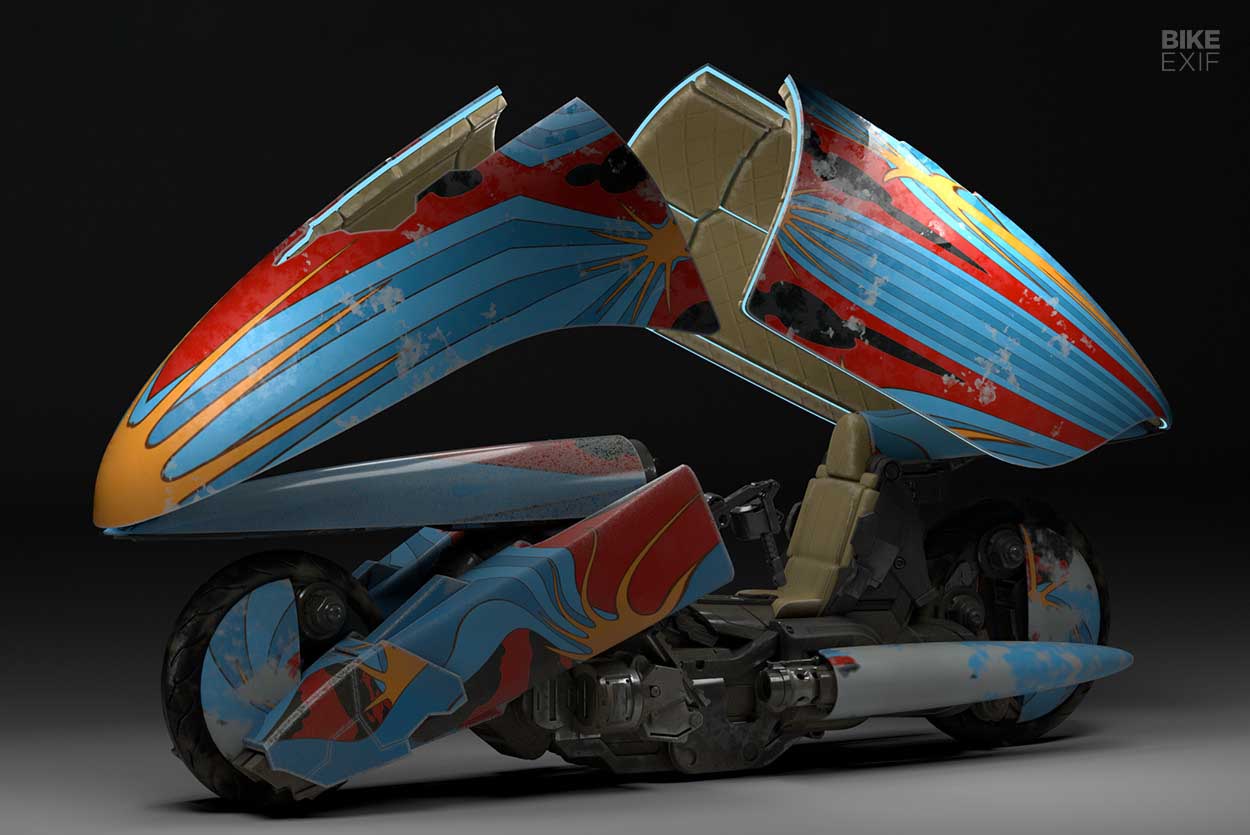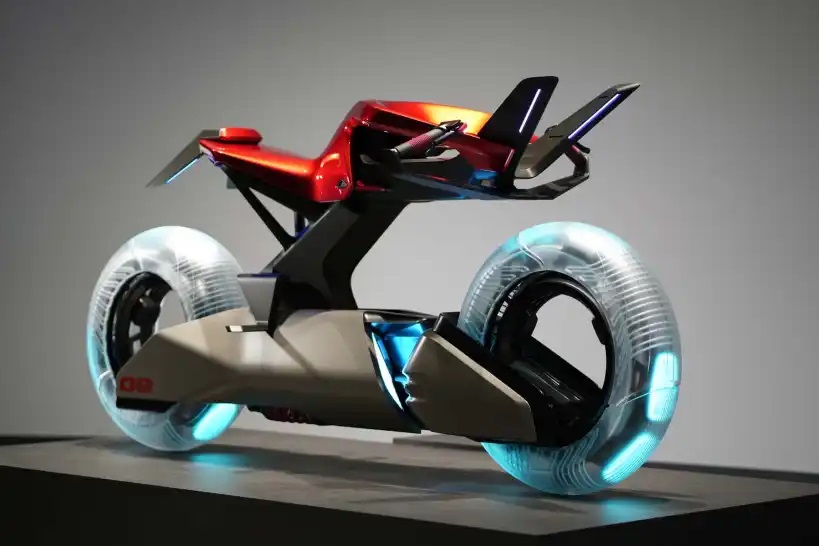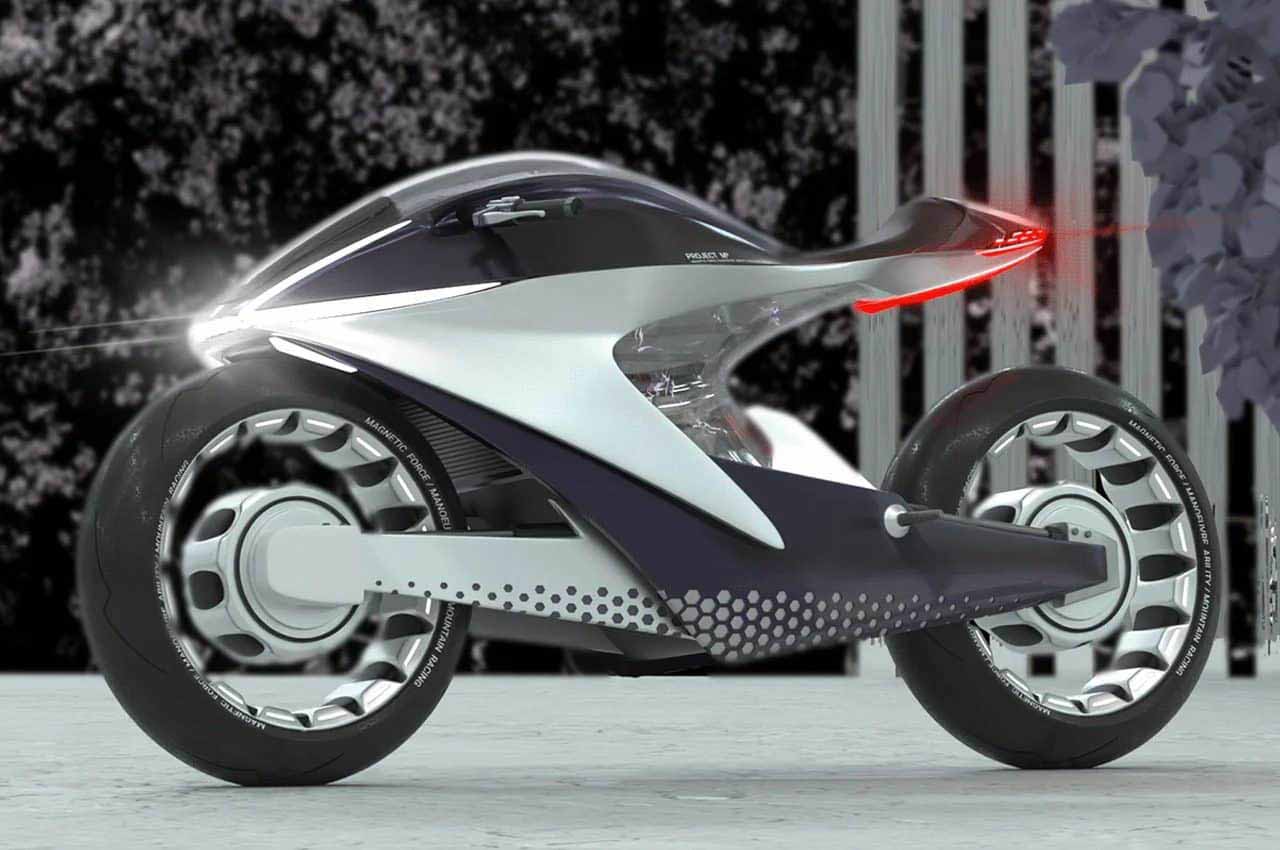The motorcycle industry has always been a symbol of freedom, innovation, and adventure. As we move further into the 21st century, the industry is undergoing significant transformations driven by technological advancements, shifting consumer preferences, and global economic changes. In this blog, we will explore the key trends shaping the future of the motorcycle industry and what we can expect in the coming years.

1. Electric Motorcycles: The Rise of Eco-Friendly Rides
One of the most significant trends in the motorcycle industry is the shift towards electric motorcycles. With growing concerns about climate change and the need for sustainable transportation, electric bikes are gaining traction. Companies like Zero Motorcycles, Harley-Davidson (with its LiveWire model), and even traditional automotive giants like BMW are investing heavily in electric motorcycle technology.
Electric motorcycles offer several advantages, including lower emissions, reduced noise pollution, and lower operating costs. As battery technology continues to improve, we can expect electric motorcycles to become more affordable, with longer ranges and faster charging times. This trend is likely to accelerate as governments around the world implement stricter emissions regulations and offer incentives for electric vehicle adoption.
2. Autonomous and Connected Motorcycles
While fully autonomous motorcycles may still be a distant dream, the integration of advanced driver-assistance systems (ADAS) and connectivity features is already underway. Motorcycles equipped with sensors, cameras, and AI-powered systems can provide riders with real-time information about road conditions, traffic, and potential hazards.
Connected motorcycles, which can communicate with other vehicles and infrastructure, are also on the horizon. These bikes will be able to share data with other vehicles to improve safety and traffic flow. For example, a connected motorcycle could alert the rider to an upcoming traffic jam or suggest alternative routes. As 5G networks become more widespread, the potential for connected motorcycles will only grow.

3. Customization and Personalization
The motorcycle industry has always been about individuality and self-expression, and this trend is only getting stronger. Riders are increasingly looking for ways to customize their bikes to reflect their personal style and preferences. From custom paint jobs and aftermarket parts to modular designs that allow riders to swap out components, the demand for personalized motorcycles is on the rise.
Manufacturers are responding to this trend by offering more customization options at the point of sale. Some companies are even using 3D printing technology to create bespoke parts and accessories. As technology continues to advance, we can expect even more opportunities for riders to create truly unique motorcycles.
4. The Growing Popularity of Adventure and Touring Bikes
Adventure and touring motorcycles are becoming increasingly popular, especially among older riders who are looking for comfort and versatility. These bikes are designed for long-distance travel, with features like larger fuel tanks, comfortable seating, and advanced suspension systems.
The rise of adventure tourism is also driving demand for these types of motorcycles. Riders are seeking out new experiences and exploring remote areas, and adventure bikes are the perfect tool for these journeys. As a result, we can expect to see more manufacturers entering this segment and offering a wider range of options for adventure-seeking riders.
5. The Impact of Urbanization and Shared Mobility
Urbanization is changing the way people think about transportation, and motorcycles are no exception. In crowded cities, motorcycles offer a convenient and efficient way to navigate traffic and reduce commute times. As a result, we are seeing a growing demand for smaller, more agile bikes that are well-suited to urban environments.
At the same time, the rise of shared mobility services is also impacting the motorcycle industry. Companies like Lime and Bird are already offering electric scooters for short-term rentals, and it’s only a matter of time before similar services emerge for motorcycles. Shared motorcycles could provide an affordable and flexible transportation option for urban dwellers, particularly in cities where traffic congestion is a major issue.

6. Sustainability and Ethical Manufacturing
As consumers become more conscious of the environmental and social impact of their purchases, sustainability is becoming a key consideration in the motorcycle industry. Manufacturers are increasingly focusing on reducing their carbon footprint, using sustainable materials, and adopting ethical manufacturing practices.
For example, some companies are exploring the use of recycled materials in their bikes, while others are investing in renewable energy to power their factories. In addition, there is a growing interest in the circular economy, where products are designed to be reused, refurbished, or recycled at the end of their life cycle. This shift towards sustainability is likely to continue as consumers demand more environmentally friendly options.
7. The Role of Artificial Intelligence and Big Data
Artificial intelligence (AI) and big data are playing an increasingly important role in the motorcycle industry. Manufacturers are using AI to optimize production processes, improve supply chain management, and enhance the design of new models. Big data is also being used to gain insights into consumer behavior, allowing companies to tailor their products and marketing strategies to meet the needs of their target audience.
In addition, AI is being used to improve safety features on motorcycles. For example, some bikes are now equipped with AI-powered systems that can detect potential collisions and automatically apply the brakes or adjust the throttle to avoid accidents. As AI technology continues to evolve, we can expect to see even more innovative applications in the motorcycle industry.

Conclusion
The motorcycle industry is at a crossroads, with new technologies and changing consumer preferences driving significant shifts in the market. From electric motorcycles and connected bikes to customization and sustainability, the future of the industry is full of exciting possibilities. As we look ahead, it’s clear that the motorcycle industry will continue to evolve, offering riders new ways to experience the thrill of the open road while addressing the challenges of a rapidly changing world.
Whether you’re a seasoned rider or someone who’s just starting to explore the world of motorcycles, there’s never been a more exciting time to be part of this dynamic industry. The road ahead is full of opportunities, and the future of motorcycling is looking brighter than ever.